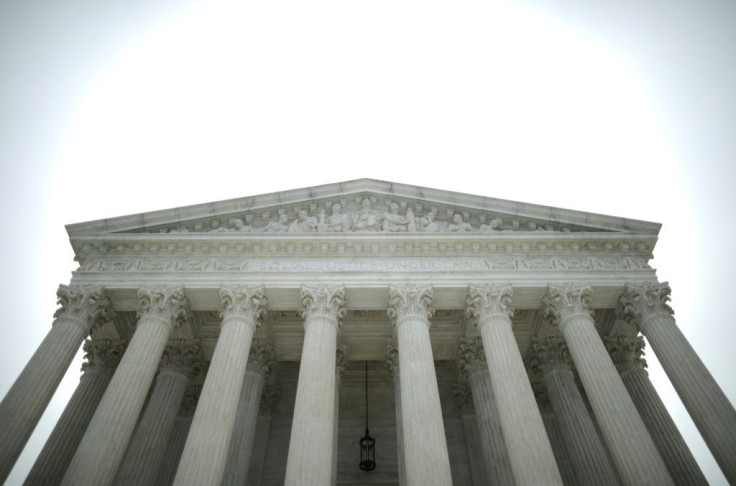US Supreme Court Denies House Committee Immediate Access To Full Mueller Report, Will Hear Arguments Next Term
KEY POINTS
- The U.S. Supreme Court blocked the House Judiciary Committee's request for access to special counsel Robert Mueller's full, unedited report on Russian election interference
- Hearings will be held later in 2020 as to the possible release of the full report and the Trump administration's appeal to block its release
- Mueller's report has been a major point of contention between the House Judiciary Committee and the Department of Justice since the release of the public report in April 2019
The U.S. Supreme Court on Thursday denied the House Judiciary Committee immediate access to the redacted grand jury testimony from special counsel Robert Mueller’s investigation into alleged Russian interference in the 2016 presidential election. Instead, the justices have agreed to hear arguments over the report’s release and the Trump administration’s eff0rtmto block it.
Arguments were set for next term with no decision expected before the November election.
House Judiciary Committee Chairman Rep. Jerrold Nadler, D-N.Y., was disappointed in the decision in a statement.
“Unfortunately, President Trump and Attorney General [William] Barr are continuing to try to run out the clock on any and all accountability,” Nadler said. “While I am confident their legal arguments will fail, it is now all the more important for the American people to hold the president accountable at the ballot box in November.”
Mueller’s report has been a point of contention since the Department of Justice released a version of the report featuring multiple redactions related to grand jury materials. Barr cited Federal Rule of Criminal Procedure 6(e) in justifying the redactions. The rule says grand jurors, court reporters or an “attorney for the government ... must not disclose a matter occurring before the grand jury.”
There are exceptions, however, including “use in performing that attorney’s duty” and for what is considered "necessary to assist in performing that attorney's duty to enforce federal criminal law.”
The House Judiciary Committee argued it needs to see the unredacted documents to form its conclusion after Mueller hesitated to offer his own in hearings. Thoug the committee filed an appeal for access to the full report last summer, the appeals court did not rule until March, siding with the committee, finding an impeachment trial was a “judicial proceeding” and citing historical precedent.
“Federal courts have authorized the disclosure of grand jury materials to the House for use in impeachment investigations involving two presidents and three federal judges,” Judge Judith Rogers said in the majority appellate opinion, citing the release of similar documents in regard to Richard Nixon. “It is only the president’s categorical resistance and the department’s objection that is unprecedented.”
However, the appeals court decision was almost immediately blocked by an appeal filed by the Trump administration.
Solicitor General Noel Francisco said the Justice Department had “reconsidered its position” on whether the material should be released in the more than four decades since Nixon.
The court apparently ignored House Democrats' argument that “time is of the essence” in deciding the case due to the approach of the November elections and the need to finish the investigation before the new Congress is sworn on Jan. 3. They also argued committee protocols would ensure the report’s confidentiality was upheld.
“These protocols, which are similar to those used to protect grand jury and other confidential materials during the Nixon impeachment investigation, limit staff access to grand jury material; require storage of such material in a secure location; and provide that such material may not be publicly disclosed absent a majority vote by the committee,” the committee’s brief said.
Francisco objected to this as well, saying the committee’s protocols were not adequate.
“Once the government discloses the secret grand jury records, their secrecy will irrevocably be lost,” Francisco argued. “That is particularly so when, as here, they are disclosed to a congressional committee and its staff. Indeed, as respondent acknowledged below, its own procedures will allow it to release these grand jury materials to the public by a simple majority vote of the committee [not even the full House].”
Depending on the outcome of the November elections, a Supreme Court might be irrelevant. Should Republicans regain the House, it’s widely accepted the committee would like not continue to press for the information. However, if Democrat Joe Biden wins the presidency, it’s believed he would just release the unredacted report.

© Copyright IBTimes 2024. All rights reserved.





















